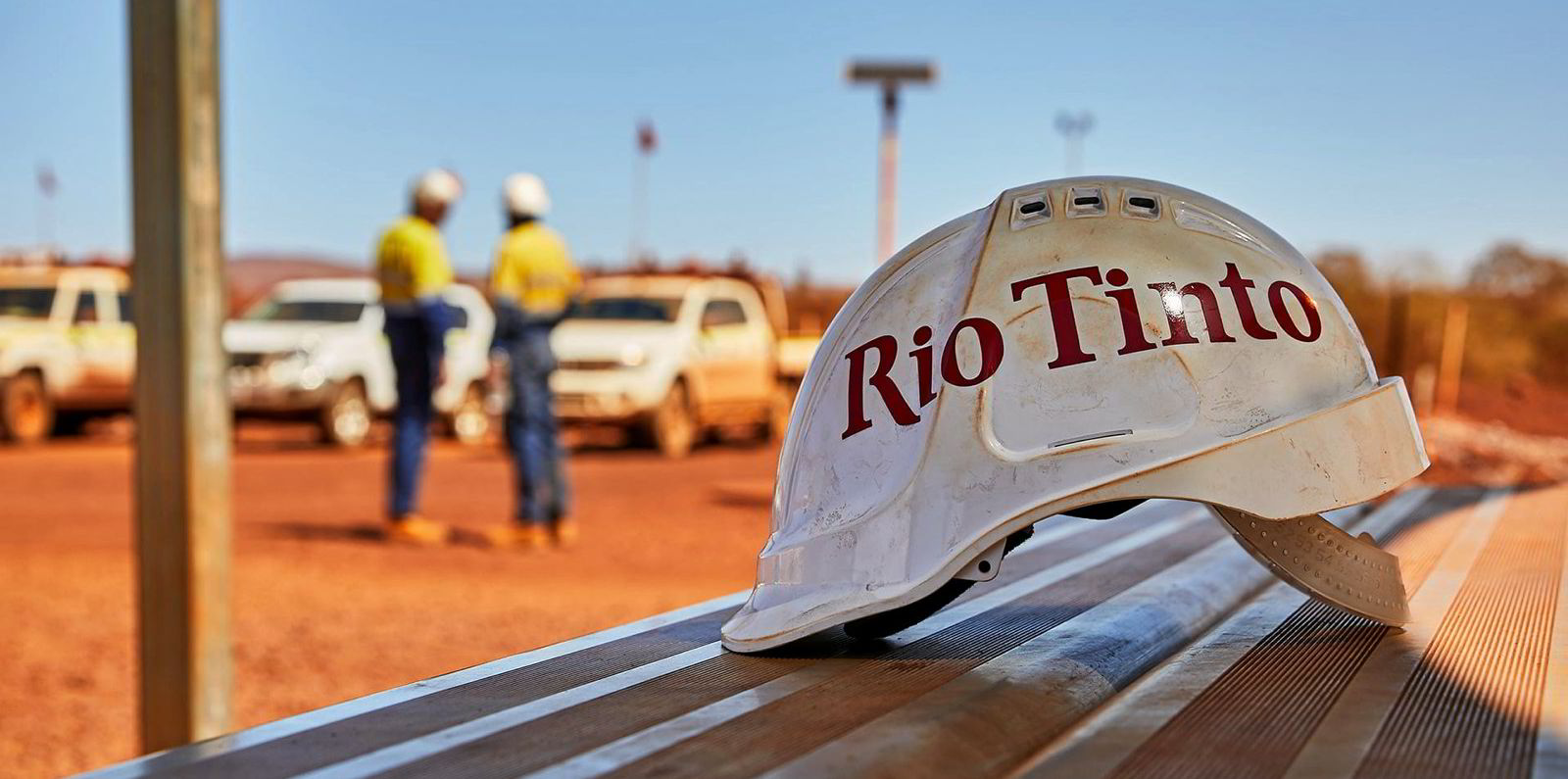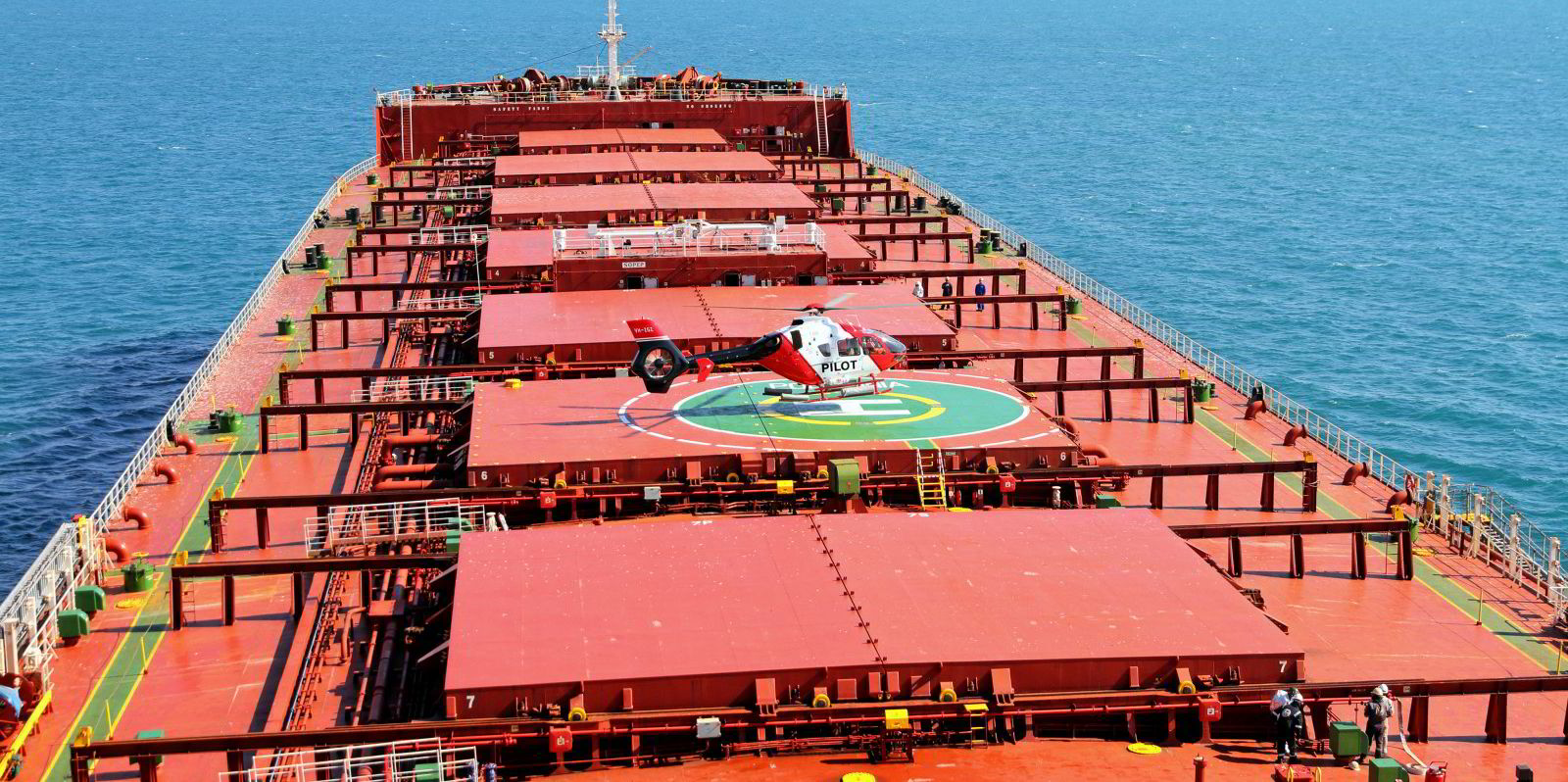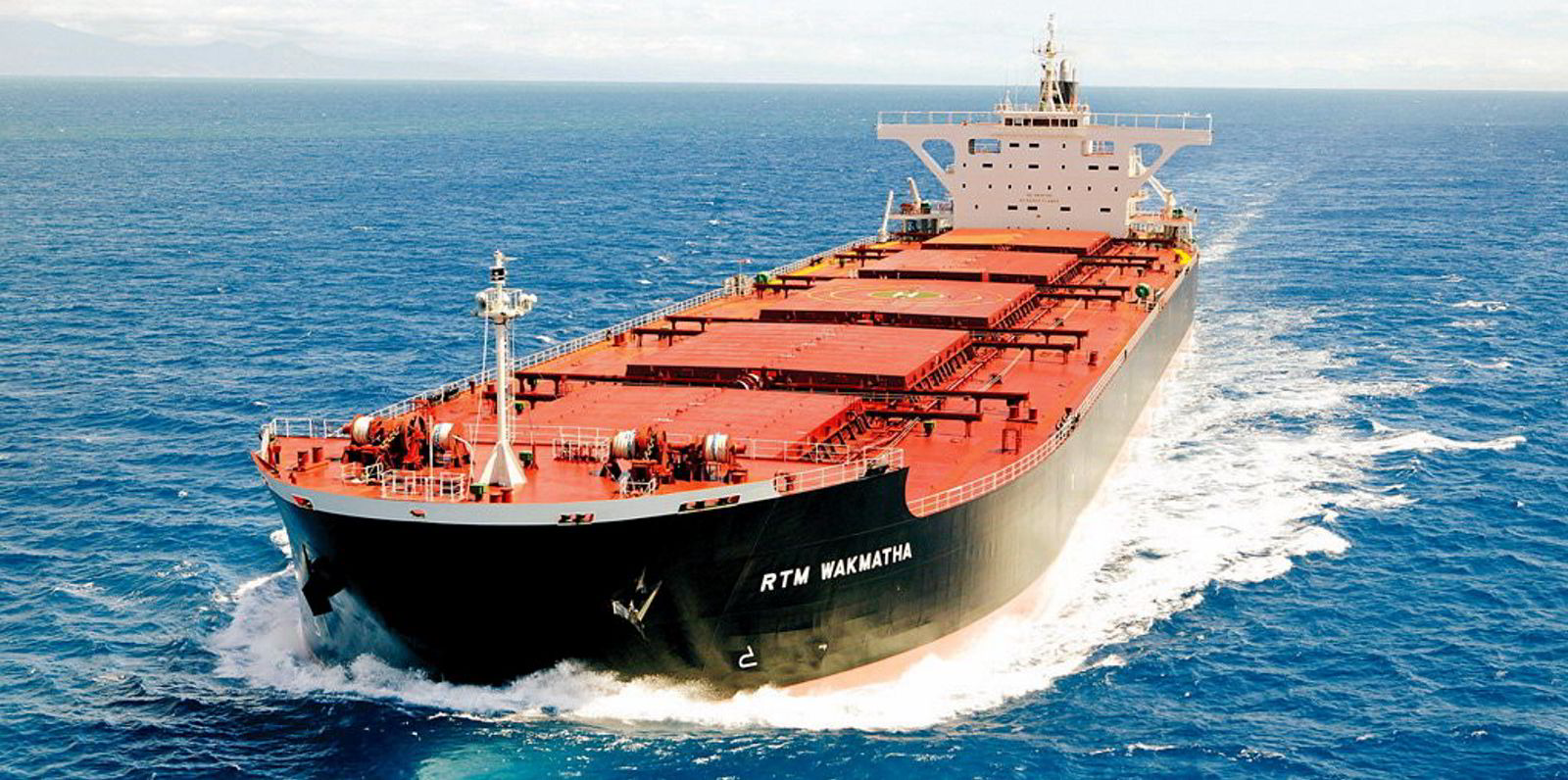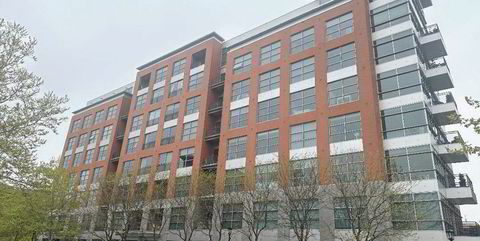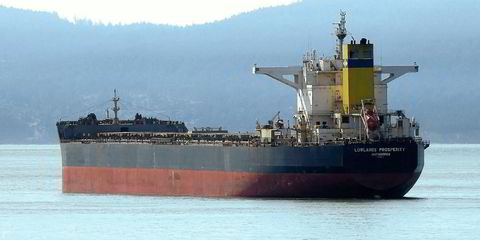The end of China’s zero-Covid policy late last year could increase the risk of supply chain disruptions and labour shortages, Rio Tinto has warned.
The Anglo-Australian company said the subsequent wave of Covid cases following the relation of restrictions in December is likely to bring “high volatility” in the coming quarter.
The mining giant said steel demand recovery hinges on China’s ability to control the Covid outbreak.
“Although more financing is being provided, consumers remain cautious of the property market,” Rio Tinto said in a quarterly report released Tuesday.
“The country’s trade balance remains healthy, but slowing global demand poses downside risks to exports.”
Rio Tinto warned that the global economy continues to slow, but some external pressures have eased, with the change in China’s stance on Covid controls, the fall in energy prices alleviating cost pressures, and markets anticipating a slower pace of interest rate hikes.
The UK-listed miner also said that global supply chain pressures have also improved and freight rate pressures have eased.
However, it said the Russia-Ukraine war continues to pose energy and food security risks, while fears of recession in the US and Europe remain.
Rio Tinto said iron ore prices rebounded 22% in the quarter, although the average price of $99 per tonne in the fourth quarter was 4% lower than the third quarter.
“Market sentiment strengthened after Beijing released three stimulus packages in November to stabilise the real estate market by lifting all previously applied financing constraints on property developers,” the company said.
“Prices trended above $110 per tonne at year-end as China began dismantling its zero-Covid policy and gradually reopening the economy, while mills also started to replenish in-plant inventories ahead of the Lunar New Year holidays.”
Rio Tinto shipped 74.4m tonnes of iron ore from the Pilbara region in the fourth quarter, which was 6% higher than the fourth quarter of 2021, and 7% higher than the prior quarter.
Bauxite production of 13.2m tonnes was 1% higher than the fourth quarter of 2021, despite being 4% lower than the prior quarter due to equipment downtime at Amrun and Gove in Australia as well as lower production from Compagnie des Bauxites de Guinée (CBG).
Rio Tinto said it shipped 9.2m tonnes of the aluminium-making commodity to third parties in the fourth quarter, 3% higher than the same period of 2021.
In November, during the China International Import Expo in Shanghai, Rio Tinto said it signed various memorandum of understandings (MoUs) with the China Mineral Resources Group (CMRG).
State-owned CMRG is set to become the biggest iron ore buyer on the planet this year when it begins to consolidate purchases on behalf of almost 20 of the biggest Chinese steelmakers.
Rio Tinto’s MoU with CMRG covered steel decarbonisation cooperation, creating long-term sustainable and efficient value chains, and mineral resource supply development including cooperation on international resource identification and development.
During the quarter, Rio Tinto also signed an MoU with Japanese trading house Mitsui & Co to explore ways to reduce emissions across supply chains including shipping.
